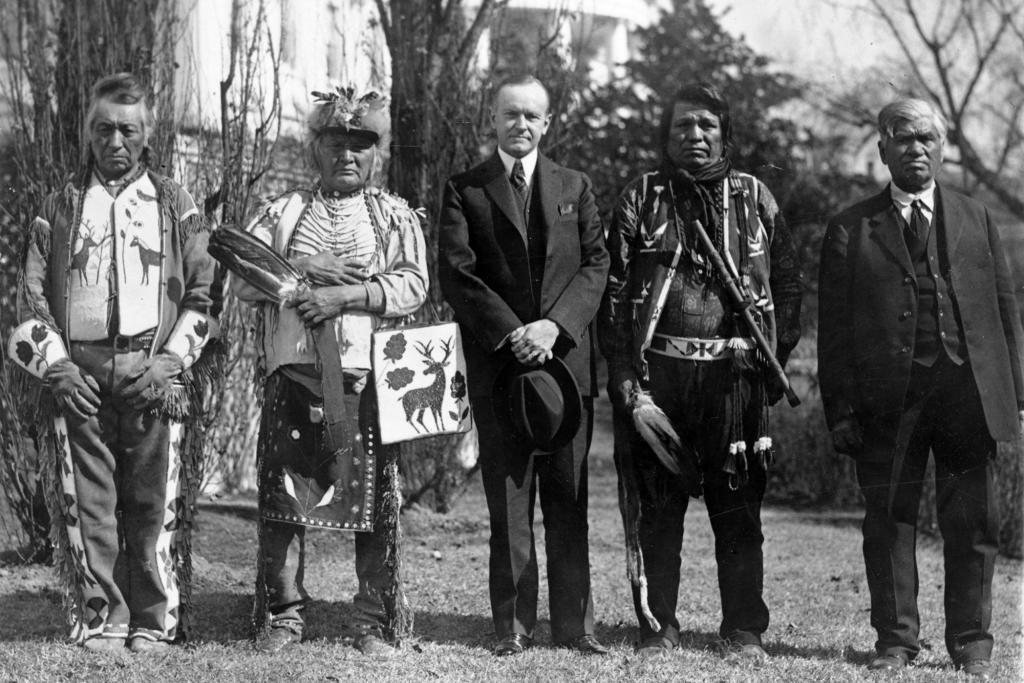Uncle David Brown Served After World War II
The Civil Rights Organization
The National Association for the Advancement of Colored People (NAACP) wanted to create a group of people that they could help them champion for civil rights. Liberals wanted a group that could help them vote for liberal and socialist government policies such as voting for all and rights for everyone. Blacks wanted to increase its group to fight for jobs for colored people.
Therefore, the increasing amount of people coming from the south and from the country was the ideal people to change from who they our to Black or African Americans. This new group can be used to get concessions from the US Government for it own agenda, not for the people's of color.
In the 1970s, I joined the NAACP thinking they were for getting economic power to people of color by taking over corporations. I was informed that this is a "civil rights" organization. They deal with politic and the law of the land.
Later, I can see that the leaders of the NAACP was taking money for memberships but behind the scenes, they were selling out people of color in employment, police services, and business. They did more to protect organizations who discriminate against people of color.
http://reimaginerpe.org/18-2/nittle
Unemployment
https://www.aclu.org/report/driving-while-black-racial-profiling-our-nations-highways
Driving while Black
http://www.msnbc.com/politicsnation/1-in-10-americans-still-support-discrimination#52522
1 in 10 still support discrimination against
African-Americans on religious grounds
******
Here is Mark Brown's own words about what his father told him about who we are!
Mark and Vida
*****
Here is a message from my Uncle David E. Brown, Lucy's son to his children.
In the mid and late
1960's, my father, David E. Brown began telling me and my sisters that we
should not call ourselves "Black" or "African American." In
his mind we were just "American" and "Indian." I was
offended.
My cousin "H Rap Mark"
I recall that once my baby sister, Lori was confused. She came home
from elementary school one day asking my mother, "What color am I?"
My father and I bickered that issue up till his death. Though my skin color was
light, I insisted that "I was "Black." Racial identity and
"Black pride" were the key phrases and elements in Black
communities nationwide as well as where I lived. I didn't assimilate it, I was
part of it. I related to the Black community because I was Black., though in
school sometimes I wasn't "black" enough through the eyes of my
" brothers and sisters" and I was "to black" from the
"others." Nobody ever mentioned being part of the stereotyped
"Tonto" image. That was considered "shameful."
Though born in the projects I was raised in a ethnically diverse neighborhood. I was, in the 2% from grammar through high schools. In other words, "we" were the few. On a daily basis the national news reported urban riots all over the northeast and the Midwest regions, murders of key Black political, spiritual and revolutionary leaders and the socioeconomic plight of "us."
I recall after the assassination of King telling myself, "Memphis is one place I will never visit." I was 14 years old. Ironically, I've lived in Memphis for the past almost 40 years. I am now 61. It wasn't much better locally where I experienced de-facto racism as well. On the radio we listened and bought the music of James Brown and Curtis Mayfield who exemplified the importance of being "proud." I admired organizations like the Black Panthers and SNCC. Yes, we were receiving those important messages from our families about the value of education and accomplishment, but were also relying on social media to validate our future success.
Though born in the projects I was raised in a ethnically diverse neighborhood. I was, in the 2% from grammar through high schools. In other words, "we" were the few. On a daily basis the national news reported urban riots all over the northeast and the Midwest regions, murders of key Black political, spiritual and revolutionary leaders and the socioeconomic plight of "us."
I recall after the assassination of King telling myself, "Memphis is one place I will never visit." I was 14 years old. Ironically, I've lived in Memphis for the past almost 40 years. I am now 61. It wasn't much better locally where I experienced de-facto racism as well. On the radio we listened and bought the music of James Brown and Curtis Mayfield who exemplified the importance of being "proud." I admired organizations like the Black Panthers and SNCC. Yes, we were receiving those important messages from our families about the value of education and accomplishment, but were also relying on social media to validate our future success.
My
Dad had a "nice" grade of hair, was brown skinned, had the thick nose
and looked like a "native," just like his mother, my Grandmother,
Lucy Brown. Unfortunately, he also suffered from (stereotypical or not) a
native trait: a biological deficit in metabolizing alcohol.
I didn't necessarily
fit the image of a "native." For all Indians are brown, have big
noses, have long "good" hair, ride horses in the west and shoot
arrows. In aging I learned that I am a product of my environment and a lot of
what I learned showed my ignorance and stupidity. Because of that I grew to
understand that there is also a "rainbow coalition" among natives
just as Blacks or African Americans (whatever you prefer.)
With additional
personal research and talking with family members, I am now able, willing to
recognize and accept fully who I am. I am also a proud native, and my spiritual
belief is that all life was originally created on the continent of Africa. It
doesn't matter if the chicken was first or the egg or if I am ethically more of
this or more of that. In spite of, I am also, and proud to be
"human," and an "individual."
Written By Mark Brown,
License Master Social Worker (LMSW)




















